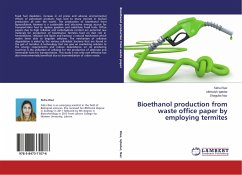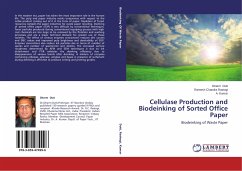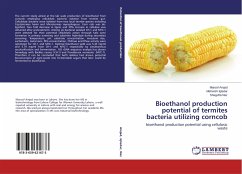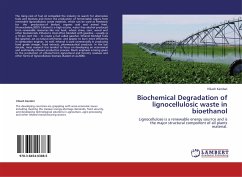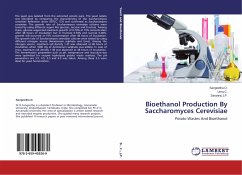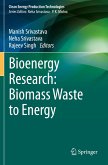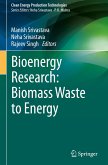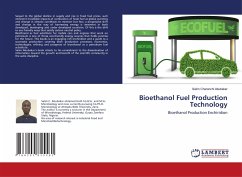Fossil fuel depletion, increase in oil prices and adverse environmental effects of petroleum products have lead to sharp interest in biofuel production all over the world. The production of bioethanol from lignocellulosic biomass is a sustainable and attractive energy source for transportation fuel to replace gasoline and substitute fossil fuels. Office papers due to high cellulose and carbohydrate content are potential raw materials for production of bioethanol. Termites feed on diet rich in hemicellulose, cellulose and lignin and harbour a natural mechanism which makes them able to degrade cellulose. The mechanism of cellulose degradation is aided by the various cellulolytic bacteria that are found in the gut of termites. A technology that can give an everlasting solution to the energy requirements and reduce dependence on oil producing countries is the utilization of cellulose for the production of alternate and renewable fuels for transportation. This study is not only cost effective but also environmentally beneficial due to bioremediation of urban waste.
Bitte wählen Sie Ihr Anliegen aus.
Rechnungen
Retourenschein anfordern
Bestellstatus
Storno

